Why BYOD represents evolution not revolution
Is BYOD necessarily the panacea that some suggests? We explore the disconnect between the theory and reality.
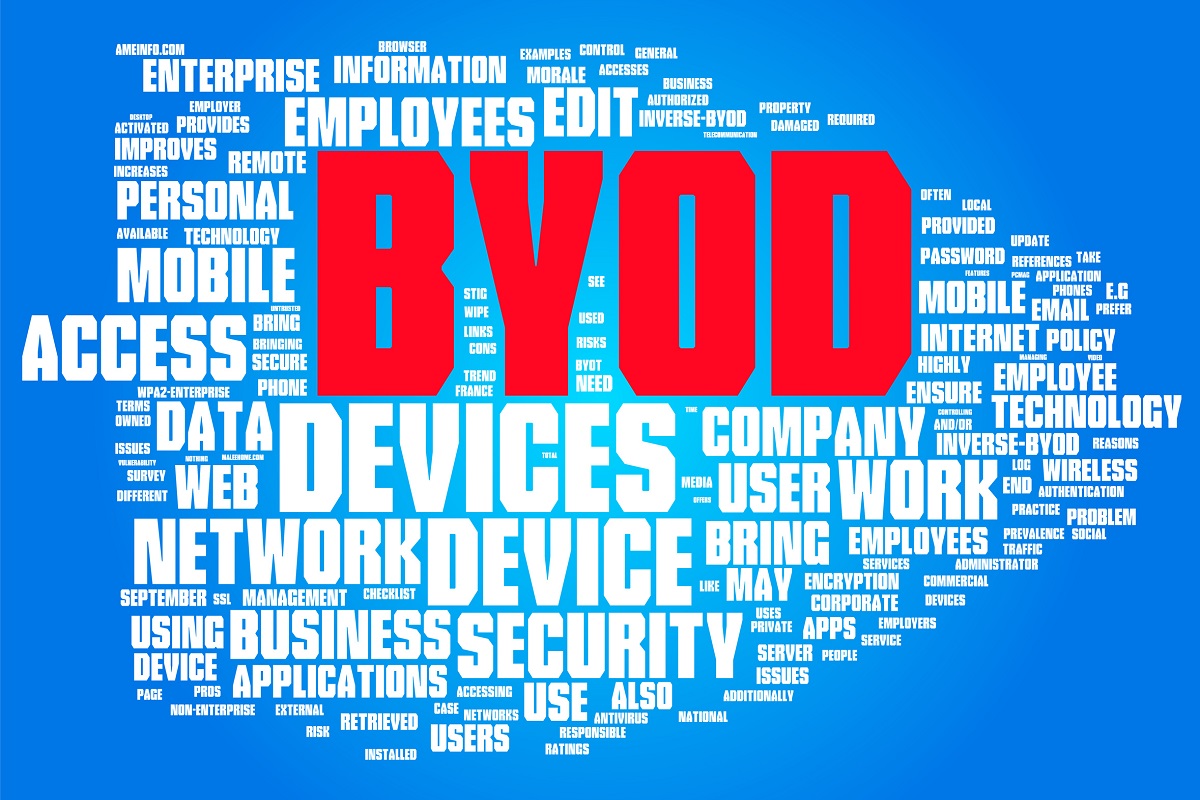
Bring your own device (BYOD) seems like a great idea. For starters, it means users, who know how to work their own smartphones, laptops and tablets, are more productive at little or no cost to the organisation.
A cursory glance in many a technology journal will have experts singing the praises of this trend and how it will supposedly revolutionise the way people interact with technology at work as they will bring in the latest, sexy gadget into the workplace that, in turn, will make them more productive.
There is a difference between BYOD and Bring Your Own PC. I've yet to see a viable economic model that really supports Bring Your Own PC.
That's the theory anyway. The reality for many IT organisations is quite different. In some cases the additional costs of licences to support and secure an employee's own device is far more expensive than buying them the same device from the corporate purse.
Rather than removing a device from the corporate balance sheet, it can add hidden costs. A company with 1,000 mobile devices spends and extra $170,000 (107,000) per year on average, when they use a BYOD strategy, according to research published by the Aberdeen Group in April 2012.
The cost of BYOD is "splintered among many departments", which creates more work for the end user, the finance department as well as other stakeholders within the organisation, claims Hyoun Park, a research analyst at Aberdeen's Telecom and Unified Communications arm.
"As a result, corporate-liable devices end up being 14 per cent cheaper per month when all costs are considered," says Park. "In comparison, corporate-liable devices likely to be centrally managed and have fewer compliance and archiving issues related to usage and billing."
The cold, hard fact about BYOD is that not only would it take time to transition a phone contract from being a corporate liability to one an individual employee is liable for, but also individuals cannot get the same discounts on their monthly mobile bill that the corporate can get.
Get the ITPro daily newsletter
Sign up today and you will receive a free copy of our Future Focus 2025 report - the leading guidance on AI, cybersecurity and other IT challenges as per 700+ senior executives
A similar story is true for laptops. A corporate can negotiate better discounts if they buy a number of computers that the lone employee cannot.
BYOPC
"It becomes a very different proposition when you bring your own PC," says Jim Henrys, principal strategist at Intel. "There is a difference between BYOD and Bring Your Own PC. I've yet to see a viable economic model that really supports Bring Your Own PC."
If people are given an allowance to buy their own PC, then typically a 40 per cent premium needs to be added to make up for tax implications, says Henrys.
ITPro is a global business technology website providing the latest news, analysis, and business insight for IT decision-makers. Whether it's cyber security, cloud computing, IT infrastructure, or business strategy, we aim to equip leaders with the data they need to make informed IT investments.
For regular updates delivered to your inbox and social feeds, be sure to sign up to our daily newsletter and follow on us LinkedIn and Twitter.
-
 Should AI PCs be part of your next hardware refresh?
Should AI PCs be part of your next hardware refresh?AI PCs are fast becoming a business staple and a surefire way to future-proof your business
By Bobby Hellard Published
-
 Westcon-Comstor and Vectra AI launch brace of new channel initiatives
Westcon-Comstor and Vectra AI launch brace of new channel initiativesNews Westcon-Comstor and Vectra AI have announced the launch of two new channel growth initiatives focused on the managed security service provider (MSSP) space and AWS Marketplace.
By Daniel Todd Published
-
 Everything you need to know about Lip-Bu Tan, Intel’s new CEO
Everything you need to know about Lip-Bu Tan, Intel’s new CEONews Intel has announced its next CEO in the wake of Pat Gelsinger's retirement, naming former board member Lip-Bu Tan as its new leader months after he quit.
By Nicole Kobie Published
-
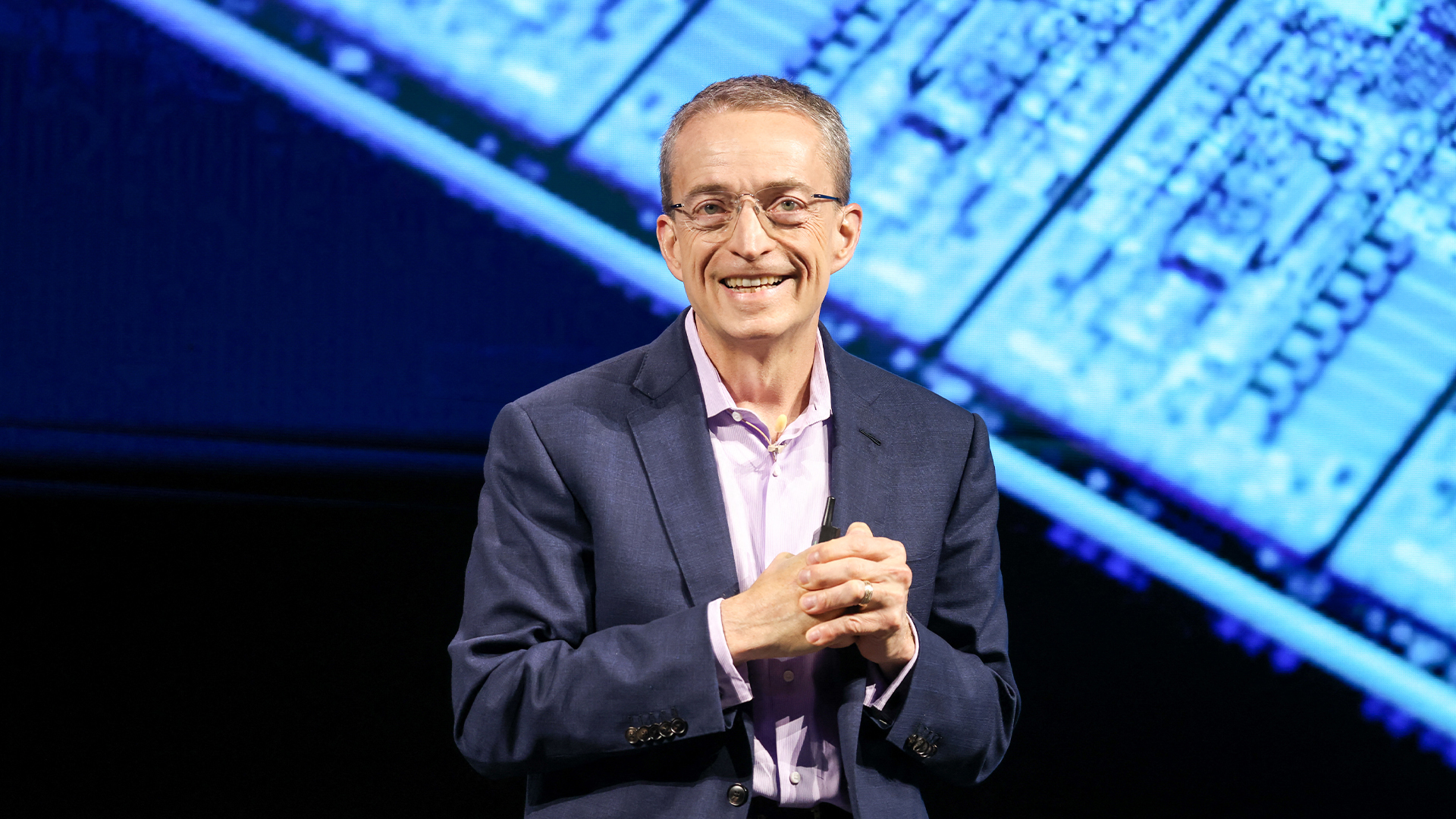 Intel CEO Pat Gelsinger announces retirement
Intel CEO Pat Gelsinger announces retirementNews Gelsinger’s departure comes amid a tumultuous period at Intel
By Ross Kelly Published
-
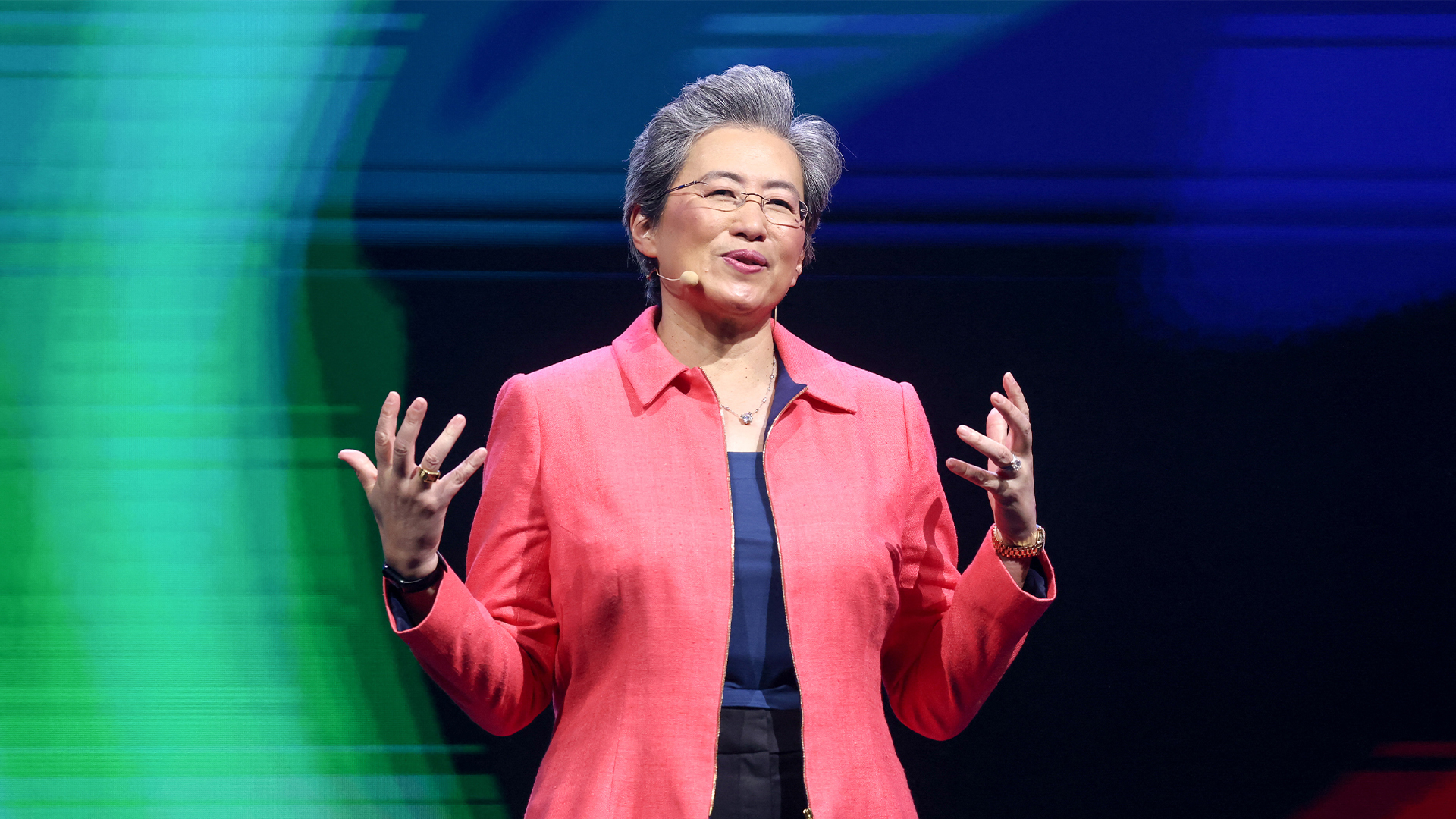 AMD to cut around 1,000 staff to focus on "growth opportunities"
AMD to cut around 1,000 staff to focus on "growth opportunities"News The AMD layoffs come after rival Intel cut staff on the back of flagging AI returns
By George Fitzmaurice Published
-
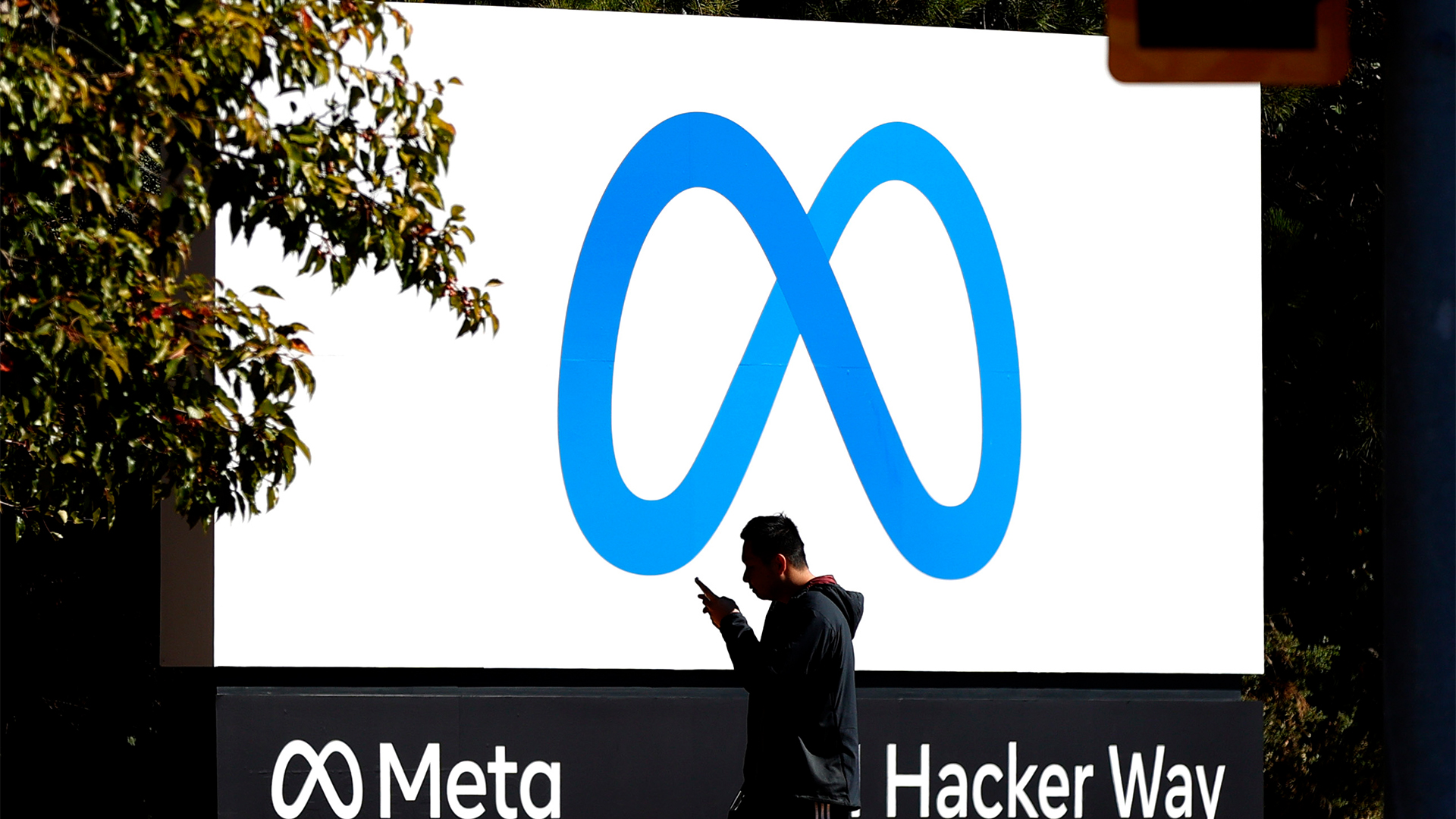 Meta layoffs hit staff at WhatsApp, Instagram, and Reality Labs divisions
Meta layoffs hit staff at WhatsApp, Instagram, and Reality Labs divisionsNews The 'year of efficiency' for Mark Zuckerberg continues as Meta layoffs affect staff in key business units
By Ross Kelly Last updated
-
 The power and the pain: Looking forward so you’re not held back
The power and the pain: Looking forward so you’re not held backAvoiding server modernization may seem like a cost-saving strategy, but the hidden risks of downtime, security breaches, and operational inefficiencies can quickly become far more costly…
By ITPro Published
-
 Modernization: Nothing to fear except failing to future-proof
Modernization: Nothing to fear except failing to future-proofAs businesses face mounting pressure to innovate while maintaining daily operations on tight budgets, modernization has become a necessity, not a luxury
By ITPro Published
-
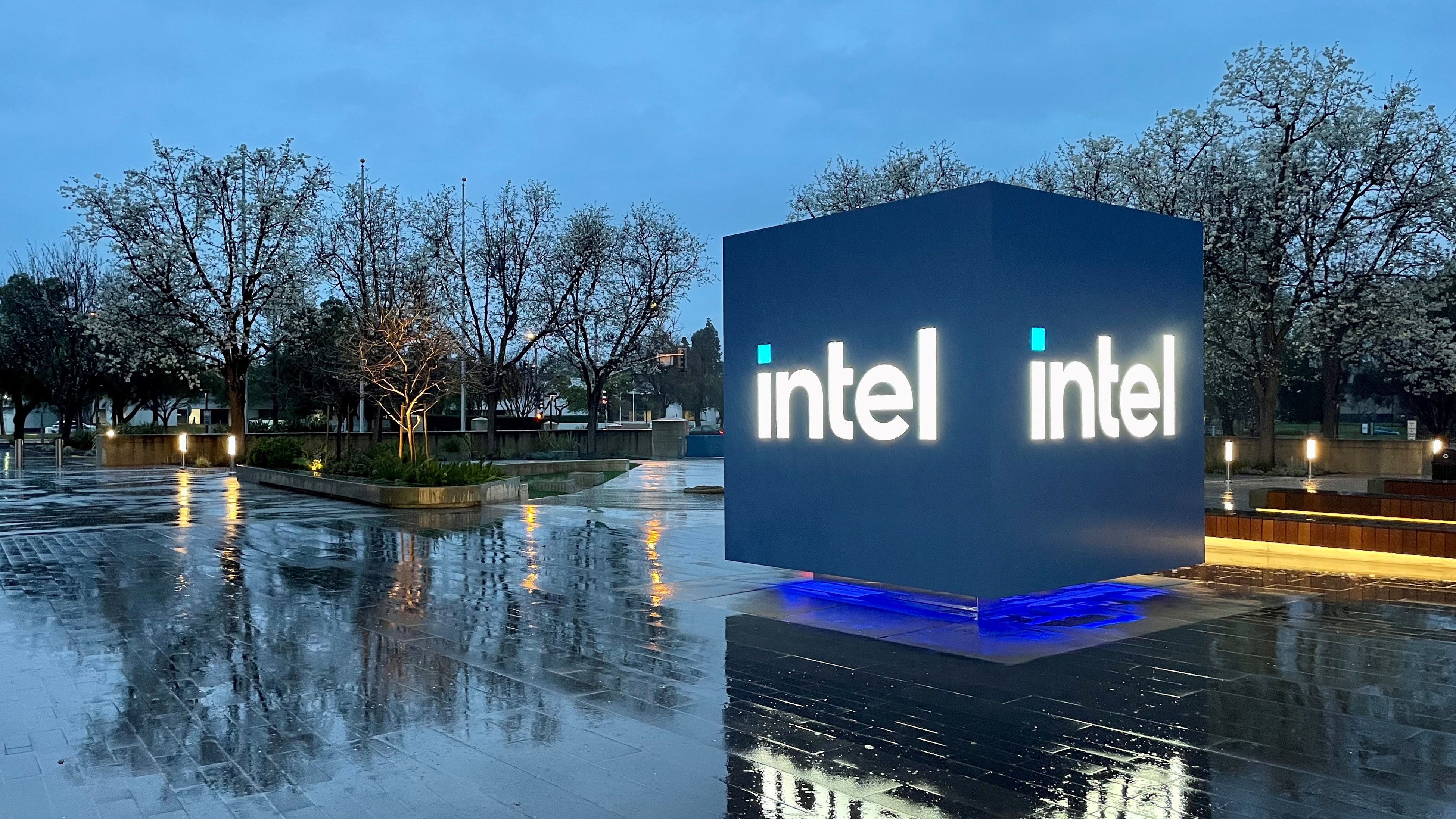 Everything you need to know about Intel
Everything you need to know about IntelIn-depth An essential guide to Intel, a trailblazer in microprocessor innovation and a foundational force behind the evolution of modern computing and the personal computer industry
By Rene Millman Last updated
-
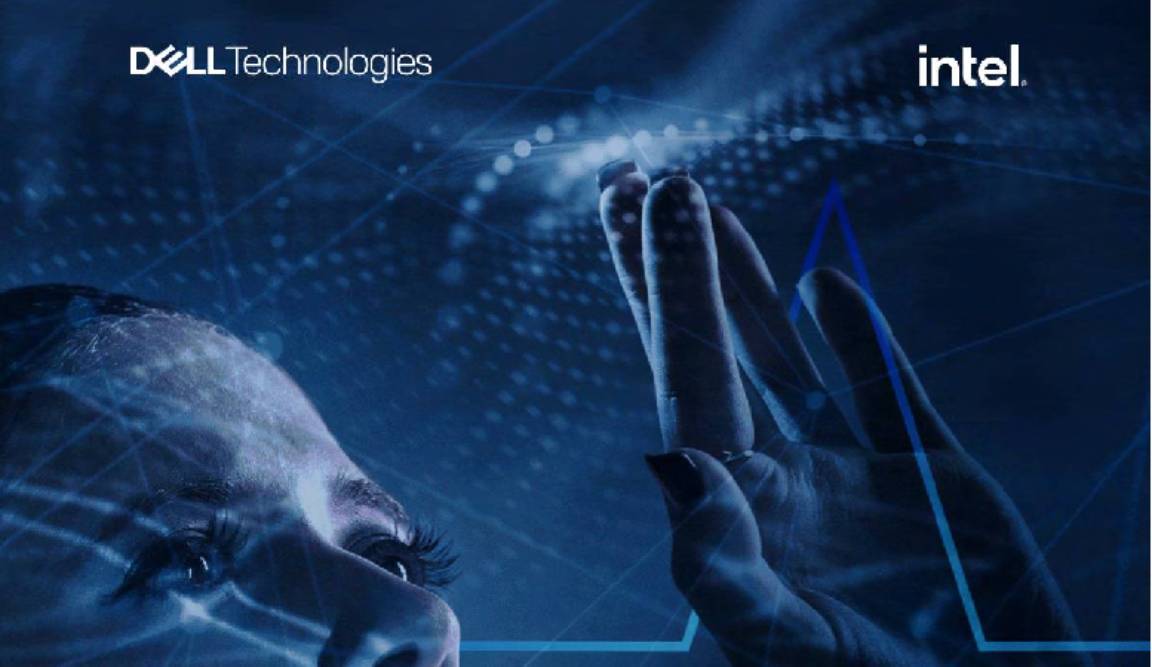 Five ways to drive innovation at the edge
Five ways to drive innovation at the edgeWhitepaper How an effective edge strategy can generate new value for your organization
By ITPro Published
